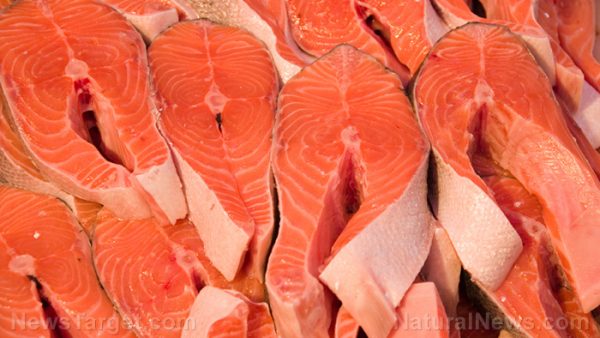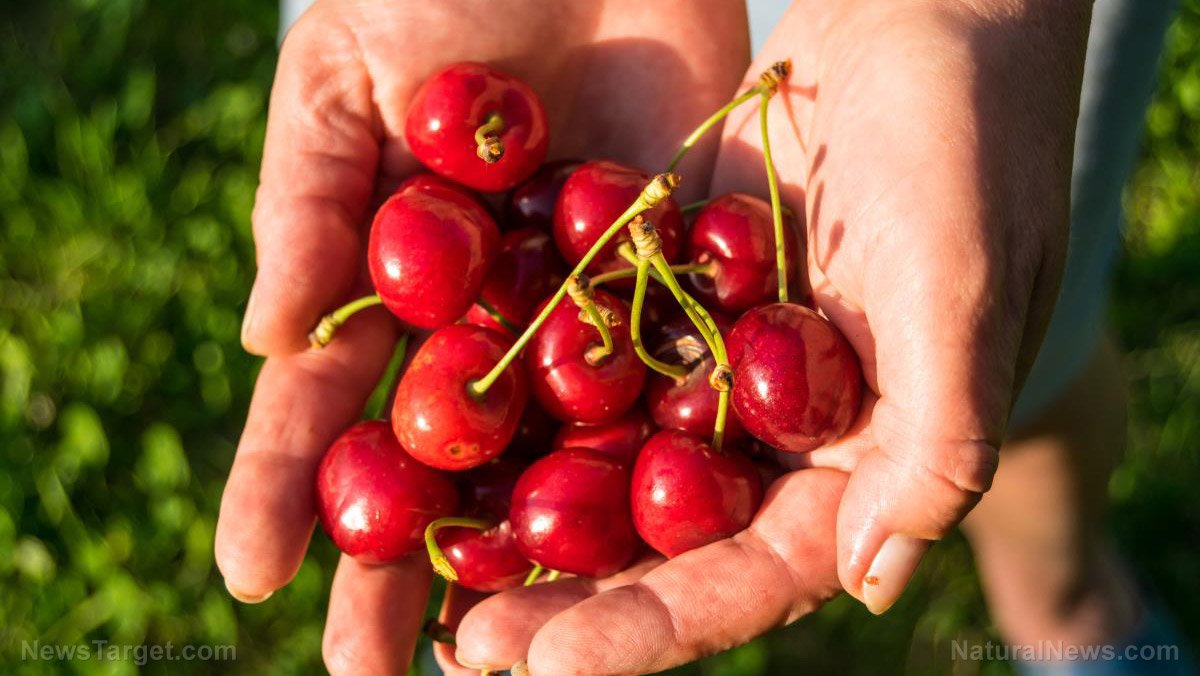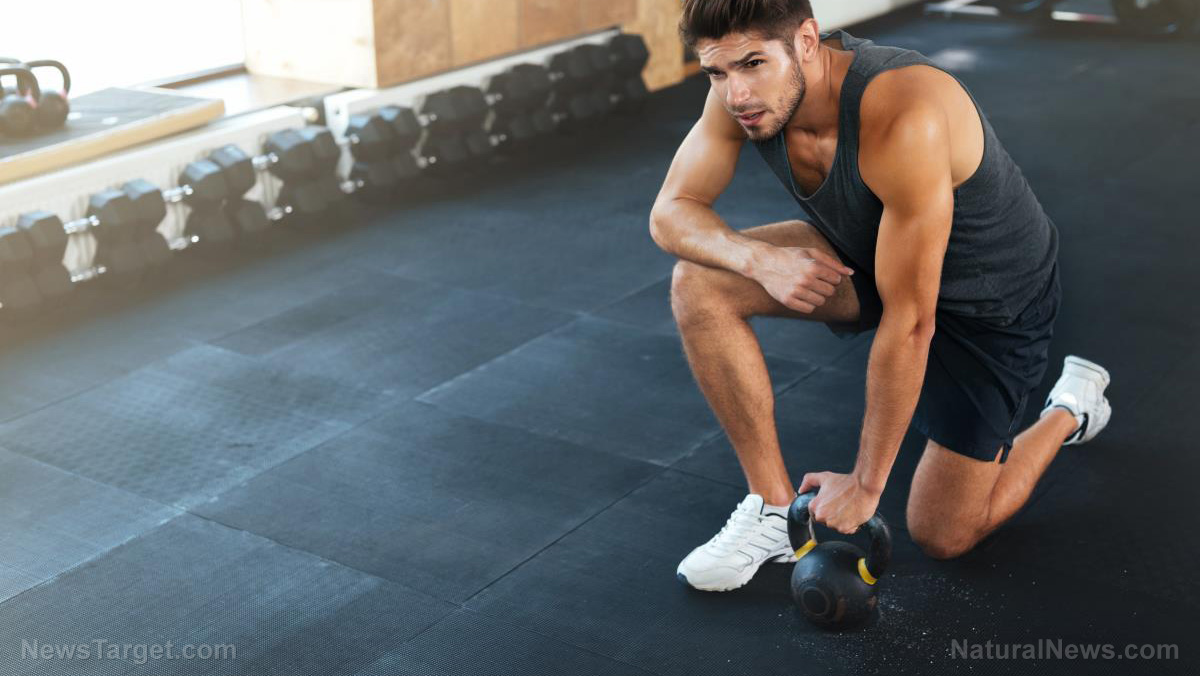 Parler
Parler Gab
Gab
- A groundbreaking University of Illinois study confirms no difference in muscle growth between vegan and omnivorous diets when combined with weight training.
- Overloading on protein is unnecessary: just 7 extra grams per day supports gains of 0.5 lbs of muscle weekly.
- Meal timing and protein distribution (balanced vs. uneven) had zero impact on muscle synthesis.
- Animal agriculture’s "superior protein" myth collapses under scientific scrutiny — plants build muscle just as effectively.
- Heavy meat/dairy diets correlate with chronic disease epidemics, while whole-food plants deliver more micro nutrients per calorie.
The protein obsession is a distraction
For decades, Big Ag and supplement peddlers hijacked nutrition science, framing protein—especially animal protein—as the holy grail of fitness. The University of Illinois study, published in Medicine and Science in Sports and Exercise, demolishes this dogma. Researchers tracked 40 athletes on vegan or meat-heavy diets, controlling protein intake (1.1–1.2g/kg daily). Biopsies revealed identical muscle growth rates — whether protein came from lentils or lamb chops. "The longstanding belief was that animal-based protein sources were better for muscle-building," admits lead researcher Nicholas Burd. But long-term data tells a different story. Short-term studies that glorified animal protein’s "anabolic advantage" were misleading — they examined single meals, not real-world eating patterns. "We showed it doesn’t matter," Burd concludes.The hidden cost of meat-centric fitness culture
While gym bros choke down chalky whey shakes, the true crisis isn’t protein deficiency — it’s micro nutrient starvation. "We’ve equated protein with good nutrition while ignoring vegetables, beans, nuts, and seeds," the study warns. The result? A "dietary suicide" epidemic of heart disease and cancer fueled by hyper processed meat and dairy. Consider the math: A 180-lb bodybuilder needs just 90g of daily protein (0.5g/lb) — easy to get from tempeh, quinoa, or chickpeas without clogging arteries. Yet the beef industry-funded Beef Checkoff Program (which backed this study) still pushes the myth that "real men eat meat." Funny how the science they paid for disproves their own marketing.Exercise — not protein — is the real MVP
The study’s most explosive revelation? Muscle growth depends on resistance training—not protein dogma. "It’s the kind [of food] you put in your mouth after exercise," says Burd. Active bodies instinctively crave more calories — and with them, enough protein — to repair muscle. Take vegan bodybuilder Williams: He doesn’t count grams. He trains hard, eats whole plants, and lets hunger guide him. "The body knows what it needs," he shrugs. Compare that to the $7.5-billion protein supplement industry selling overpriced powders to people already eating excess protein. Resistance and stress are natural forces that strengthen the body, and have the ability to make one more resilient to future challenges. Regular physical exercise and weight resistance training can build muscle, regardless of diet, and this is demonstrated in the latest research. While protein ingestion stimulates muscle protein synthesis rates (MPS), the body readily receives adequate protein for muscle building through multiple types of diet, even vegan and omnivorous diets that do not include meat or contain less meat intake. Physical activity is the more important factor in the equation of muscle building, resilience and fitness, as protein is ubiquitous across the animal and plant kingdoms and is readily attained. In this realization, individuals are often overdoing their protein intake, over-consuming expensive protein powders and protein supplements. Sources include: ScienceDaily.com Journals.llw.com Enoch, Brighteon.aiSalmon: A superfood source of omega-3s that support heart and brain health
By Ava Grace // Share
The rise of tart cherry as a medicinal food
By News Editors // Share
Energy medicine has many applications: REIKI can improve cancer care
By Lance D Johnson // Share
Seasonal flavors: Adding Moringa Powder to festive drinks and snacks
By HRS Editors // Share
Muscle protein holds memory of exercise: Study reveals two-month “muscle memory” trace
By Willow Tohi // Share
Governments continue to obscure COVID-19 vaccine data amid rising concerns over excess deaths
By patricklewis // Share
Tech giant Microsoft backs EXTINCTION with its support of carbon capture programs
By ramontomeydw // Share
Germany to resume arms exports to Israel despite repeated ceasefire violations
By isabelle // Share










